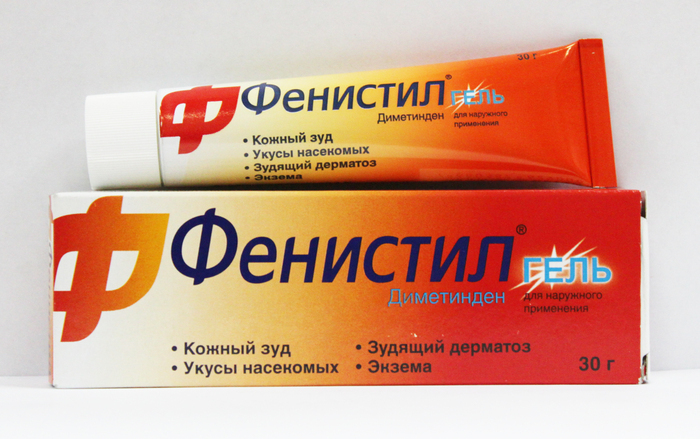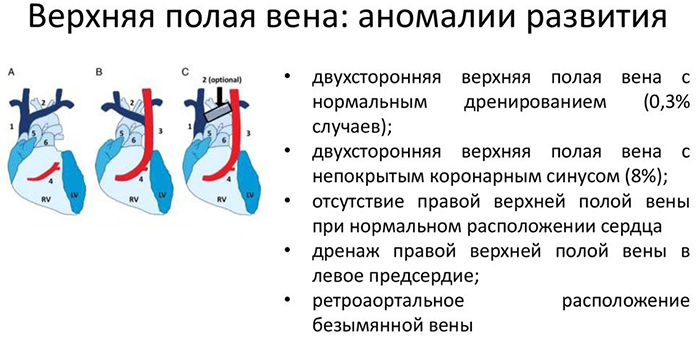It is assumed that the frequency of occurrence of bruxism in adults is even higher, because the lonely people often assume that grind their teeth at night, because you have someone who could it tell. The illness does not threaten the patient's life, but in some cases gives a lot of trouble to him and others.

What it is?
Bruxism - periodically occurring gnashing teeth, increased expression of tonic tension chewing musculature, intensive clenching jaws and (or) their movement relative to each other.
The causes of bruxism
To date, the causes of this disorder has not been fully elucidated, but there are several theories to explain its occurrence.
Possible causes of the disease:
- Physio-pathological. Man with malocclusion unconsciously seek to rectify the situation, clenching of the jaw. Furthermore, can trigger the development of neurological disease pathology, which arise as a result of motor and neurological disorders. Odonterizm often combined with epilepsy, enuresis, sleep disorders.
- System. By the development of the disease can result in taking certain antidepressants and neuroleptics. The abuse of alcohol may increase the reduction of the lower jaw muscles at night, and excessive consumption of caffeinated beverages provokes increased stress. Another reason - lack of vitamins and minerals in the body. Sometimes symptoms of pathology occur in the presence of intestinal parasites.
- Psychological. Long-term emotional distress, stress, aggression, anger leads to overstimulation of the nervous system, resulting in a possible night attacks bruxism. When stress attacks occur from time to time in neurosis become frequent and painful. Often, a problem first recognized during pregnancy because the female body is in a state of extreme stress hormone.
symptoms of bruxism
In the case of bruxism main symptom is involuntary paroxysmal gnashing teeth during sleep. Such short-lived episodes of grinding: typically, their duration does not exceed 10 seconds. The patient himself can not hear the sound rattle, but his relatives who are close to or even in the next room, the sound causes significant discomfort.
Other indirect signs of bruxism are:
- pain in the ears and / or paranasal sinuses;
- dizziness;
- tinnitus;
- insomnia;
- daytime sleepiness;
- depressive disorder;
- unmotivated anxiety, emotional tension.
If bruxism lasts for years, erased tooth enamel, teeth become sensitive to temperature factors and more susceptible to decay, become loose and fall out.
In some cases, in patients with severe long-night gnashing of teeth worn down almost at the root, which is not only a cosmetic defect, but also entails a disorder of the digestive processes, because the leading teeth function is grinding food. Also, when bruxism patients pay attention to the rapid failure of dentures that are simply deleted.
Since the jaw muscles during bruxism are working hard, they can increase in size: act on both sides of the jaws.

Night shape
Teeth grinding while sleeping is more dangerous because the patient can not control their condition. The load on the teeth leads to abrasion of the enamel and periodontal tissues injury.
From excessive stress affects the jaw joints. Therefore, night bruxism should not be ignored, and in his manifestation should contact your dentist. Reliable way to protect against injury and increased abrasion is a night cap. It does not allow the teeth interlock during sleep and therefore prevents them from injury.
Full-time
Gnashing teeth day is less common than night form of the disease. The fact is that during the day a person can constantly monitor themselves, including the position of the jaw. That is, if the jaw begin to link up, one can at will suppress this reflex, controlling their condition. Comorbid conditions are sucking or biting fingers, biting lips, incorrect jaw position.
Psychosomatics bruxism is that during nervous tension jaw and facial muscles involuntarily reduced, and the teeth are compressed. To get rid of the daily bruxism, the patient should monitor the position of the jaw, preventing squeezing jaws during times of stress or nervous tension. It is also recommended to visit a psychologist to learn to manage their mental condition.
Diagnostics
The initial diagnosis of bruxism is not difficult. Diagnosis is complete and thorough inquiry into the complaints of the patient or his family and relatives.
Next to establish a definitive diagnosis is necessary to pass a dental exam, during which the dentist will reveal the subjective symptoms of bruxism.
Objective diagnosis is wearing Brooks checker - special medical mouthguards which are made individually for each patient. In such a system based on the workpiece is cast and model of the jaw. Brooks checker allows the dentist to determine the presence of occlusive barriers. Kappa is set for a period of night sleep, then transferred for further diagnosis: with the help of the dentist establishes exactly what teeth have to the maximum load.
Also active pathology jaw movements can be seen in the results of PSG or electromyography. If the patient has a severe form of bruxism, it will be marked in the diagnosis of severe headaches, disruption of TMJ, teeth will have uncharacteristic motility, sensitivity is significantly higher than normal tooth enamel will erased. Yet patients often complain of tinnitus, a constant state of nervous disorders and depression, a quick eye fatigue, decreased appetite, sometimes - insomnia.
However, not so difficult to diagnose bruxism, how to determine the root cause of the disease. Quite often, the diagnosis involved professionals such as a psychologist, a gastroenterologist, an osteopath, a neurologist and others.

How to get rid of the disease
At first sight, grinding of the teeth - not a very serious illness. But if left untreated, it can cause a variety of dental problems:
- cracks in the enamel;
- caries develops;
- erased, loose and fall out teeth;
- injured gums;
- there are sores in the mouth;
- disturbed occlusion;
- develop diseases of the temporomandibular joints.
In addition, bruxism is causing permanent psychological discomfort. The person feels inferior, it becomes withdrawn and irritable. Compounding the quality of life, there is fatigue, chronic headaches, depression.
How to treat bruxism?
The choice of treatment depends on what exactly was the cause of the problem. The main options for the treatment of bruxism in adults:
- Putting to sleep a special device. Such a cap, a dentist made individually for each patient in the form of teeth and size, fits over the upper teeth and protects them from rubbing against the lower teeth. Although the device can deal with bruxism, it does not cure him, it does not eliminate the causes.
- In the world practice for treatment is also used as a method within the competence of the dentist (occlusal equilibration, splint therapy), and techniques aimed at the production of relaxation skills (hypnosis, psychotherapy, acupuncture). Develop experimental methods of treatment using the devices that use the effect of biofeedback.
- Restoring the normal state of the spine and the deep paravertebral muscles.
- Learn to relax. Since the main cause of bruxism is everyday stress, the patient can help any ways Stress Reliever - listening to music, reading books, walking or bathing [source not specified 202 days]. Perhaps you should go for psychological counseling to learn how to effectively cope with stressful situations. It can also be applied to the cheeks a warm wet towel - it will help to relax the muscles, tired from clenching teeth.
It also helps to psychotherapy, which aims to identify conflicts, their awareness and develop capabilities to more effectively cope with the daily difficulties of life.

Prevention of bruxism
To avoid the development under consideration syndrome, doctors recommend the following:
- Evening should eliminate the use of fat and large quantities of food, and just before bedtime is desirable tire the muscles and joints chewing movements, which you can use apple, chewing gum, carrot.
- During the day, eat tea with chamomile, mint, lemon balm.
- It is highly desirable to make the evening a walk in the fresh air - it helps to stabilize the nervous system and psychoemotional background.
- Bedtime appropriate to take a relaxing bath (e.g., broth chamomile and peppermint, honey and milk).
- Before the night's rest is not worth watching too emotional movies, listening to aggressive music and read books too impressive.
Bruxism - quite unpleasant syndrome that bothers others and brings a lot of trouble to the patient. Getting rid of it is considered to be a complex and lengthy process, so as soon as it became aware of the night or day gnashing of teeth, you need to seek qualified medical advice.



